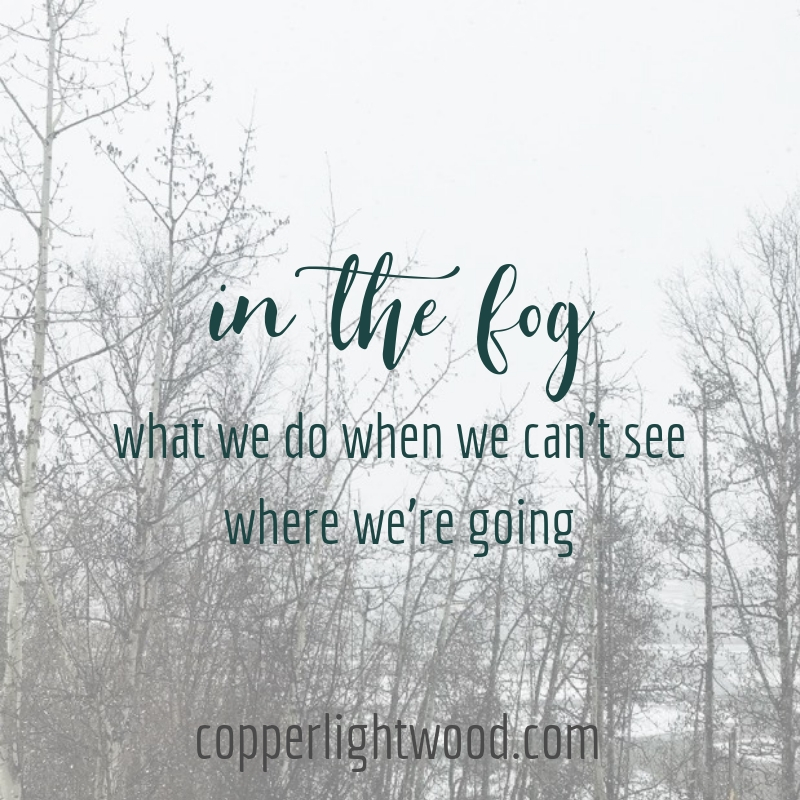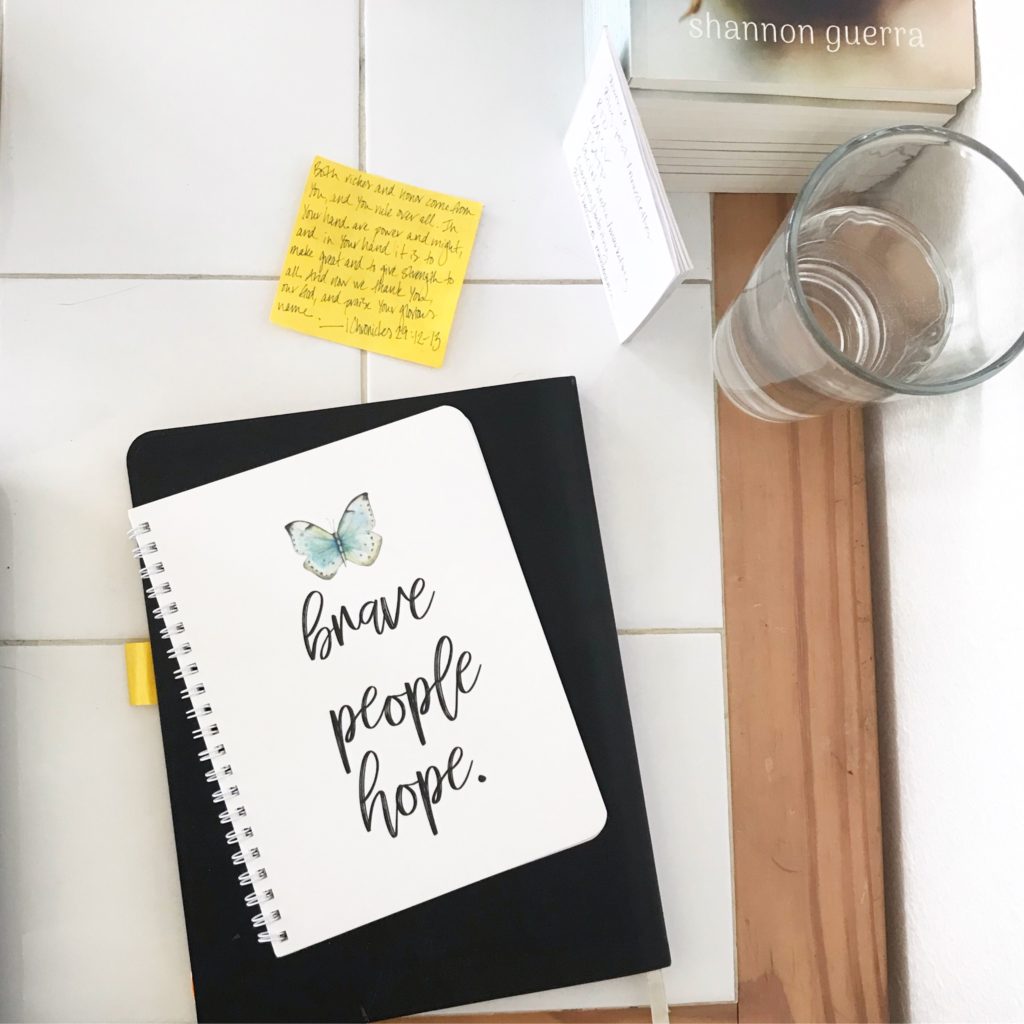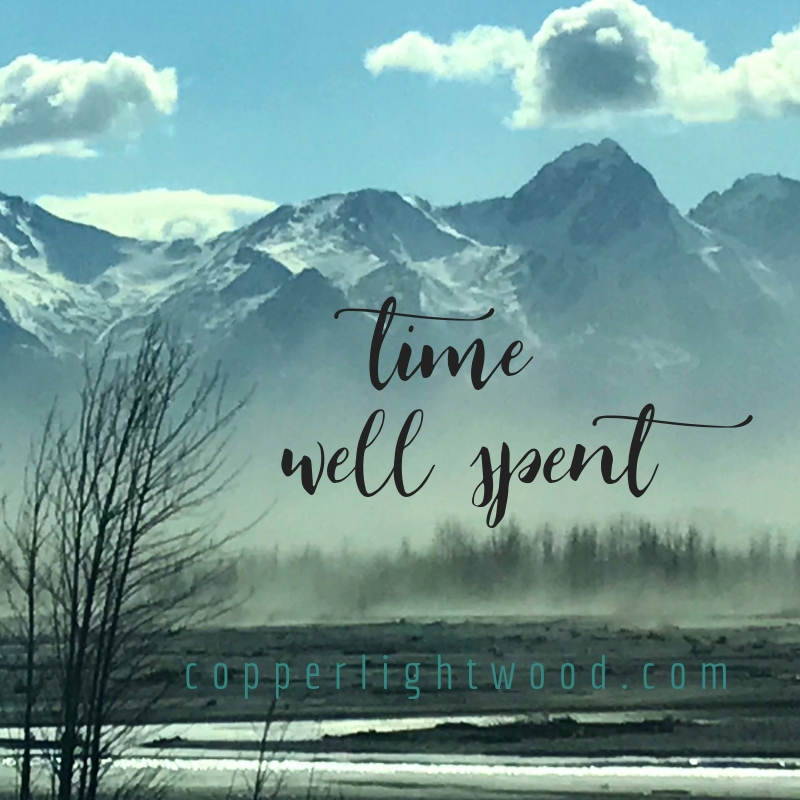It is officially spring in Alaska: The willow trees erupted in stars, change is everywhere, and Vince is painting the kitchen. Don’t rub it in, though.
The man hates painting, but the jagged four-foot long tear in the sheetrock from last winter’s earthquake necessitated it. The kitchen walls were dark brown, the crack was stark white, and there’s no hiding it without addressing it – it must be mudded, retextured, and repainted.
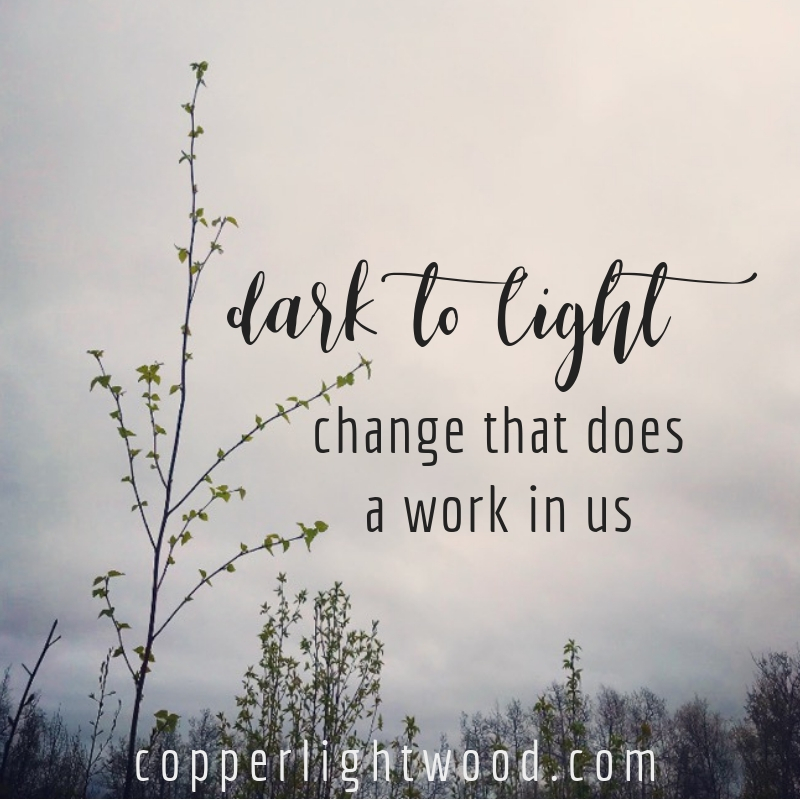
I think he’s cute in his painting clothes, with his hat flipped backwards. I also think I’m cute with a screwdriver, taking out the switch covers to help prep, easing my conscience before leaving him with all the real work while I escape upstairs to write.
The kitchen is going from brown to white, from dark to light, but the change is everywhere else, too, a sense of transition that feels like impending birth. We’ve been here before. Different times and circumstances but the same level of stress and uncertainty, and we survived. Thrived, even, and sometimes saw miracles and breakthrough. Other times, we just muddled through. In some ways we’re still muddling, still waiting for the resolution at the end of the story, praying the story ends well.
There’s nothing wrong with acknowledging how hard it is. The shifting ground, the earthquake, the trauma – we don’t pretend it was a little breeze when it knocked over trees, and we don’t pretend something was just a little tremor when it shook our foundations. We recognize the threat, and we inspect for damage so that damage can be dealt with.
Just as it is no big deal when we love those who love us back, it is also no big thing to be at peace when life is calm. But it is an entirely different thing to love without return, just as it is also an entirely different thing to feel peace and fight for calm when the world is shaking.
Whatever it is, we know He moves in the midst of it. These uncomfortable seasons bring questions to the surface and draw things out of us, and it’s productive.
No, really. Change does a work in us, as long as we don’t give way to fear.
And isn’t that the hardest part? I don’t think we ever graduate from fighting fear. Every time we up the ante and leave our comfort zone, we just graduate to new phases of fear and new ways to win over it. We feel the knots writhe in our gut over what’s going to happen. We wait for the news, the diagnosis, the prognosis. We wait for anything that’s certain, in the midst of weeks that feel saturated with uncertainty.
Fear, at its root, is often more than just being afraid of an outcome. Often it is fear that we failed – we failed to heal, we failed to fix that thing, we failed to protect that person, we failed to predict the future so that event didn’t occur, we failed to accomplish what we wanted to do.
We lost. Game over.
We failed to be God. And when this is the case, admitting as much means also admitting that maybe, just maybe, we’ve made ourselves into an idol.
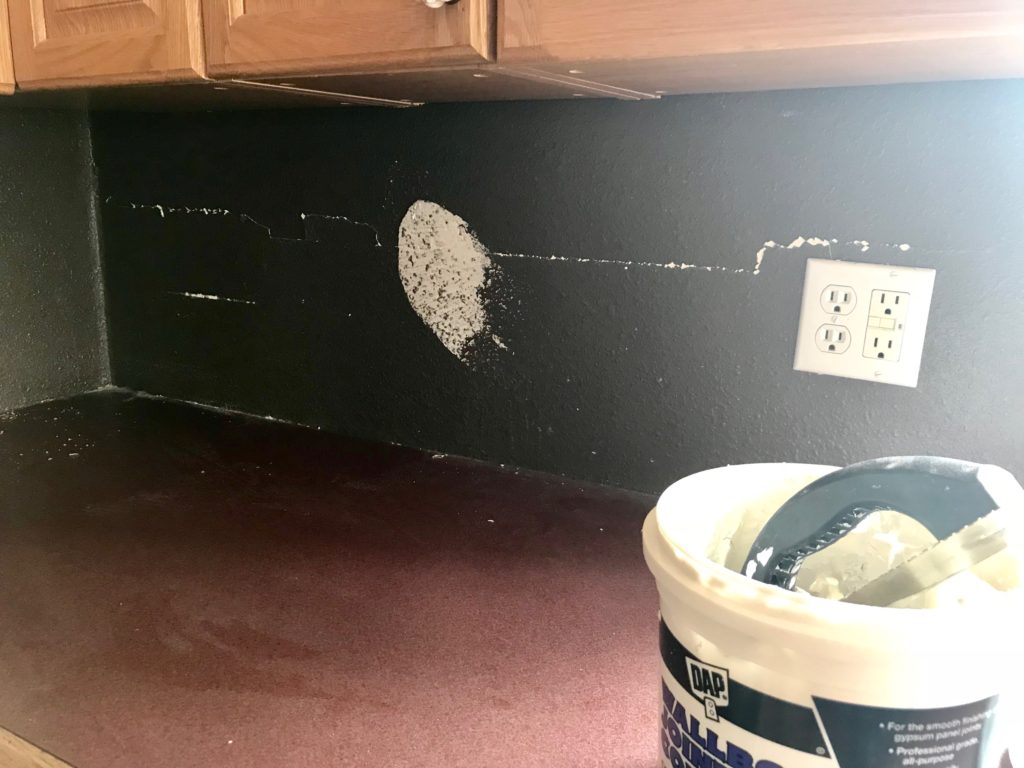
And this stupid sheetrock is preaching to me. Listen:
Did the sheetrock fail in the shaking? Yes, and no. It cracked, but held. It wasn’t meant to do the foundation’s job and hold up everything. It was meant to do its own job, and bear the weight it was given, and let any failure be used for good – because change, and even failure, does a work in us when we let it. We go from dark to light, too.
We want perfection, and when we don’t achieve it (because we are, of course, imperfect humans) instead of glorying in what we did reach, we feel the lack and the loss. We feel the distance between where we got to and where we wanted to be.
And the enemy throws it right at us, taking it a step further: Not only did we fail, he hisses, but we are failures. The gap widens. The bad hand seems worse.
He’s a liar, we know. But knowing doesn’t always fix our feelings.
Our feelings are harder to reign in and correct. The only thing that fixes feelings is facing them, and that doesn’t seem like good news at first because we know that behind these Big Feelings are some even Bigger Feelings that we’d rather not admit. (We don’t just paint over the crack; we must also retexture. Gah.) In fact, ignoring those Bigger Feelings is often what allows the lie to creep in and hurt so bad in the first place.
It is the crack in our facade, and there’s no hiding it. It must be dealt with.
Facing these things is hard. So much pain. Ignoring it only allows it to build up for later, the pressure creating strain and damage on souls who were never meant to bear the weight of perfection, and denial, and holding it all in.
I recently read that you have to accelerate your pain to accelerate your progress. And I believe it’s true – one of the ways we accelerate both pain and progress is to face those fears we’d rather ignore, the grief we’d rather stuff, and the failures caused by our own imperfection.
There’s no help for failing. We all fail. None of us are perfect. But we wanted to be. So finally admitting failure is actually healthy, and good, and right – a victory in itself.
If you’ve been up all night and cried till you have no more tears left in you – you will know that there comes in the end a sort of quietness. You feel as if nothing is ever going to happen again.
– C. S. Lewis, The Lion, the Witch, and the Wardrobe
The victory comes the morning after the deep grief of facing it all — the change, the imperfections and uncertainties, and the potential clean-up operation — when you look at yourself in the mirror and see resigned peace. And it hurts. But denial hurts worse, because refusing to acknowledge what is broken denies the healing that needs to seep into our cracked areas.
The consequences and what-ifs were all laid on the table. And instead of folding, you put everything in, because you know that in the end, you win. It is the only way we go from dark to light.

